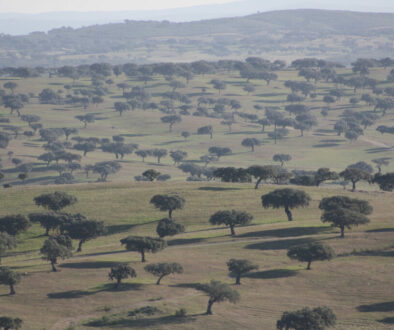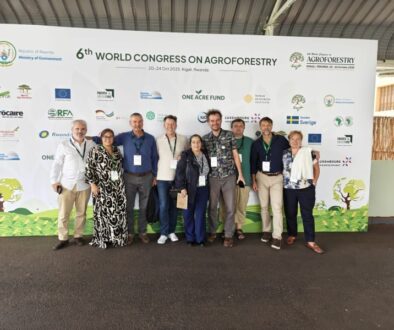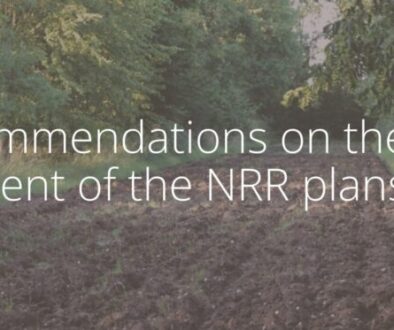
Federico San Bonifacio, at “Azienda Agricola San Bonifacio” alley cropping and polycyclic timber tree system with a strong emphasis on biodiversity.
Maja Lindström Kling Agroforestry stories
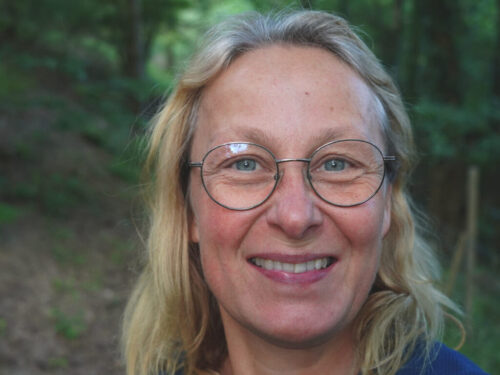
This is a unique story about the beautiful intersection of art and agroforestry that has great power of changemaking. Meet Maja Lindström Kling, an award-winning filmmaker and co-founder of Rotverket (“Board of Roots” in Swedish), who recently relocated from the serene Swedish countryside to Stockholm. Her journey into the world of agroforestry began in 2016, captivated by its potential to address pressing global issues like food security and climate change.
Driven by curiosity and a desire to spread awareness, Maja has produced a series of films that showcase the beauty and resilience of agroforestry. Her work has not only inspired many but also contributed to bringing people together and strengthening the ties of the agroforestry movement in Europe.
Beyond filmmaking, Maja has co-founded an agroforestry consultancy firm Rotverket with her colleague Anders Lindén, the Deputy Secretary of EURAF. Together, they are organising “knowledge road trips,” offering unique opportunities to learn from experienced practitioners and explore innovative agroforestry projects firsthand.
Join us as we delve into Maja’s story, where filmmaking meets passion for agroforestry and changemaking, and where the future of agriculture unfolds one curious discovery at a time.
Don’t forget to nominate yourself or others to be featured in our upcoming #AgroforestryStories!
Fill in the online form here!
Why agroforestry?
As a filmmaker, I started to pay interest in nature-based solutions to food security and the ecological and economic crisis around 2016. I had done a lot of research for a film about peak oil and during the same time, my husband suffered from severe illness but survived. I started to ask myself what is really important in life, what keeps us healthy and where I want to put my energy.
Agroforestry seemed like the most resilient answer to the crisis mentioned before. It really caught my interest and curiosity, so I decided to learn more by making a film, “Life within Planetary Boundaries – Agroforestry” (2019). But I couldn’t stop there. I just wanted to go deeper and learn more, so I made more and more films…
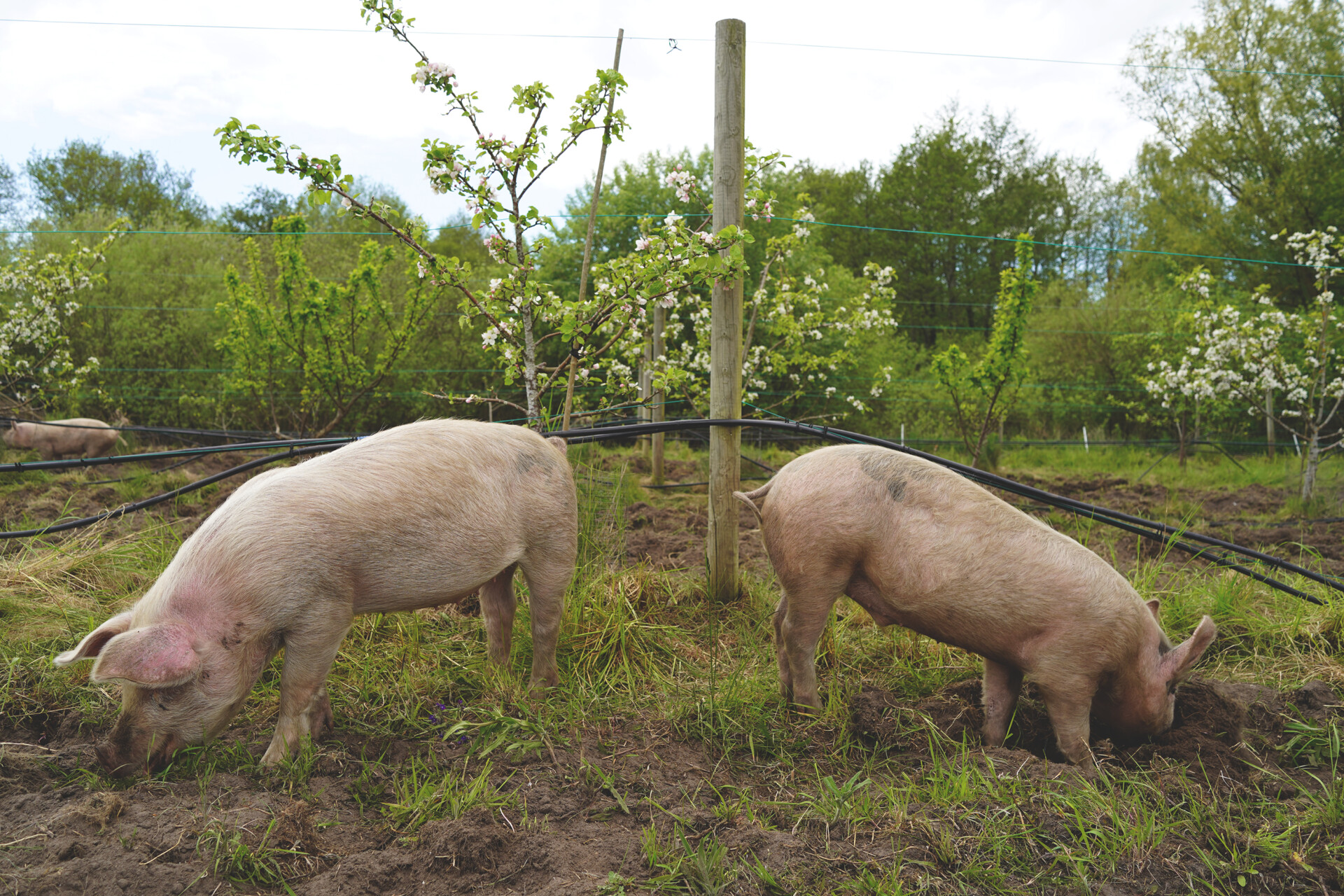
Stora Juleboda Agroforestry Farm, Sweden. Pigs managing a diversified fruit orchard.
In 2020, I was asked to organize a film screening in a Stockholm cinema with the agroforestry community (Vi-skogen, Agroforestry Network https://agroforestrynetwork.
When it comes to agroforestry practices, I wouldn’t define myself as a practitioner, but I do identify with planting chestnuts and walnuts (Swedish seed sources) on grazing and forest land together with my friends in southern Sweden.
Spotlighting hidden stories
As a filmmaker, I look for personal stories from pioneers, or a personal way to portray their mission. My working method is to start at an early stage, after filming, or sometimes just after the first contact with the person, to seek for the music that seems emotionally in line with the place, the person, and their work. And there are still so many stories to be told and examples to learn from. Spending my time working outdoors and learning from these systems is what I love most doing; it truly nurtures my soul and gives me a sense of meaning and purpose.
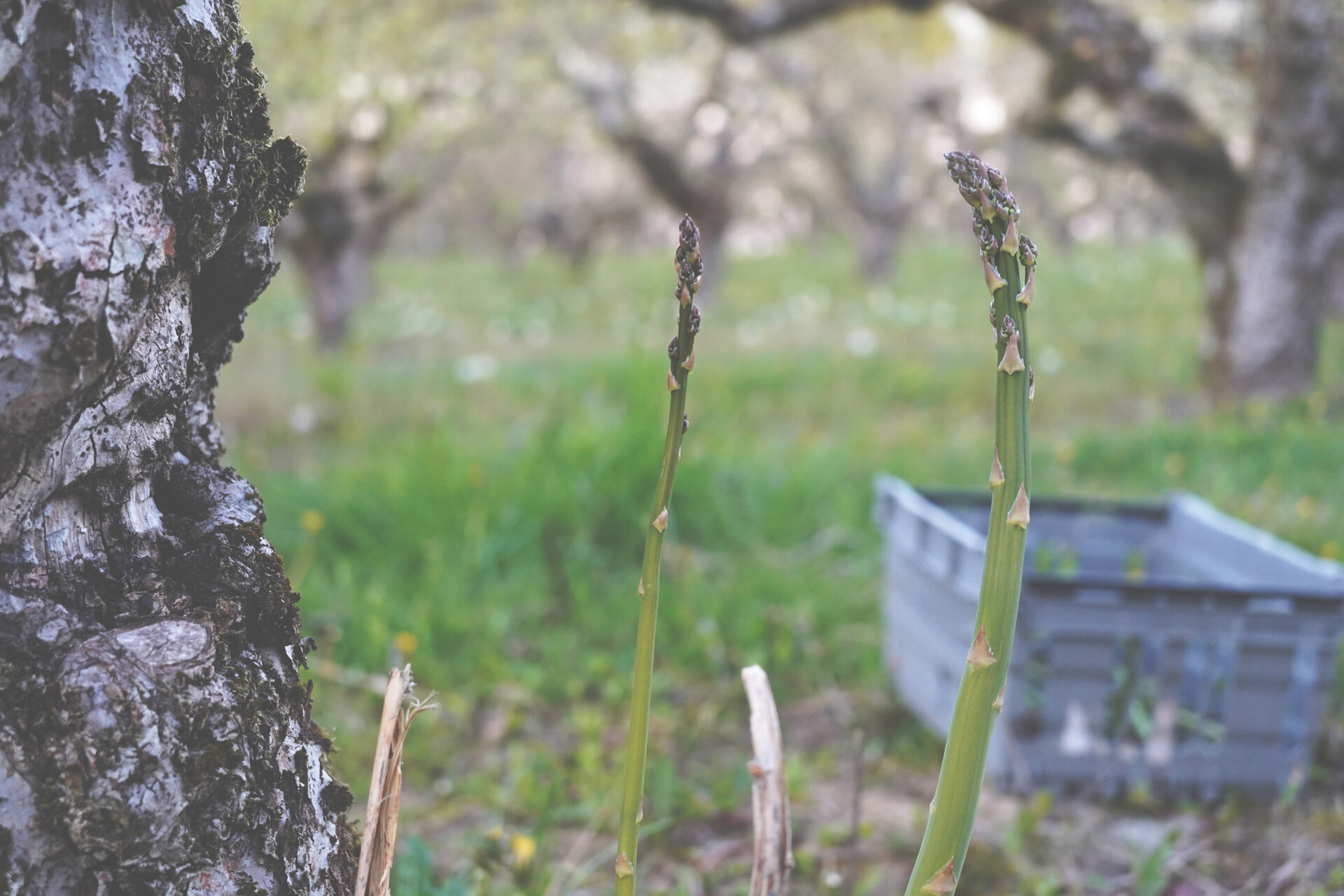
Wild Asparagus in apple orchard Sweden
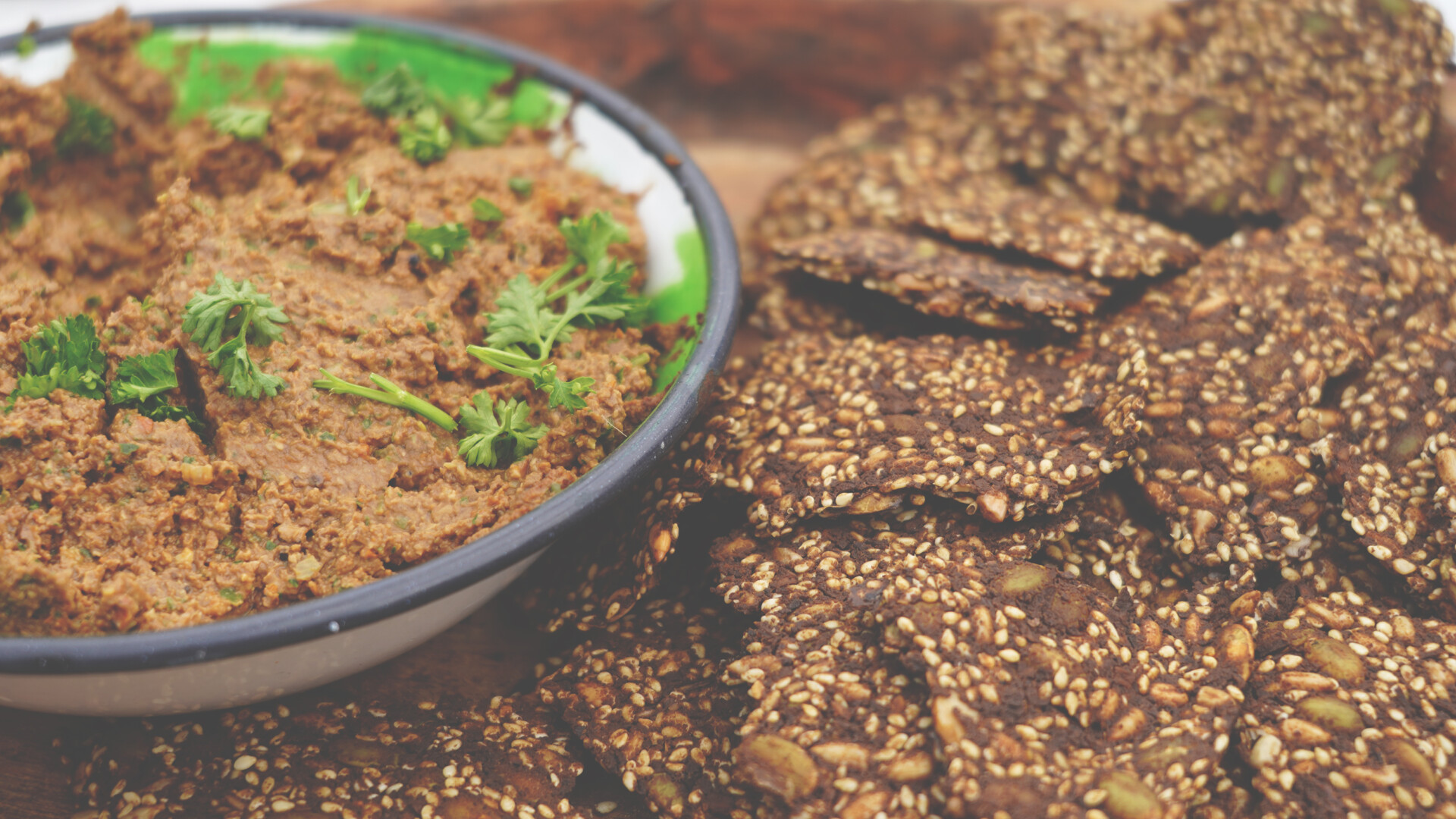
Acorn bread and hummus, food made at the yearly “Nut Network Day” in Sweden (https://www.holmafolkhogskola.se/)
Tell more about your work
Beyond consultancy, Anders Lindén and I plan to offer “knowledge road trips,” group visits to interesting agroforestry examples in Sweden and Europe, to discover and look closely at outstanding examples. The “Unhide Agroforestry” road trip project, with support from Erasmus+ in 2024, is our first experience as organisers. It was made in collaboration with Latvian permaculture and forest organizations and included a one-week educational farm visit trip to Sweden and one to Latvia in 2024.
Now we’re following up with a 20-minute film portraying one of the Latvian examples visited (“I’m a Tree, what do I need?” a 50-hectare forest farming practice, combining timber production with nuts and biodiversity – learn more in the text below), a scientific report in the beginning of 2025, and an inspirational pamphlet, end of 2024.
It would be fantastic if more organisations would like to join us in making applications together for similar experiences. When it comes to my filming, I’d love to look closer at European landscapes in 2025.
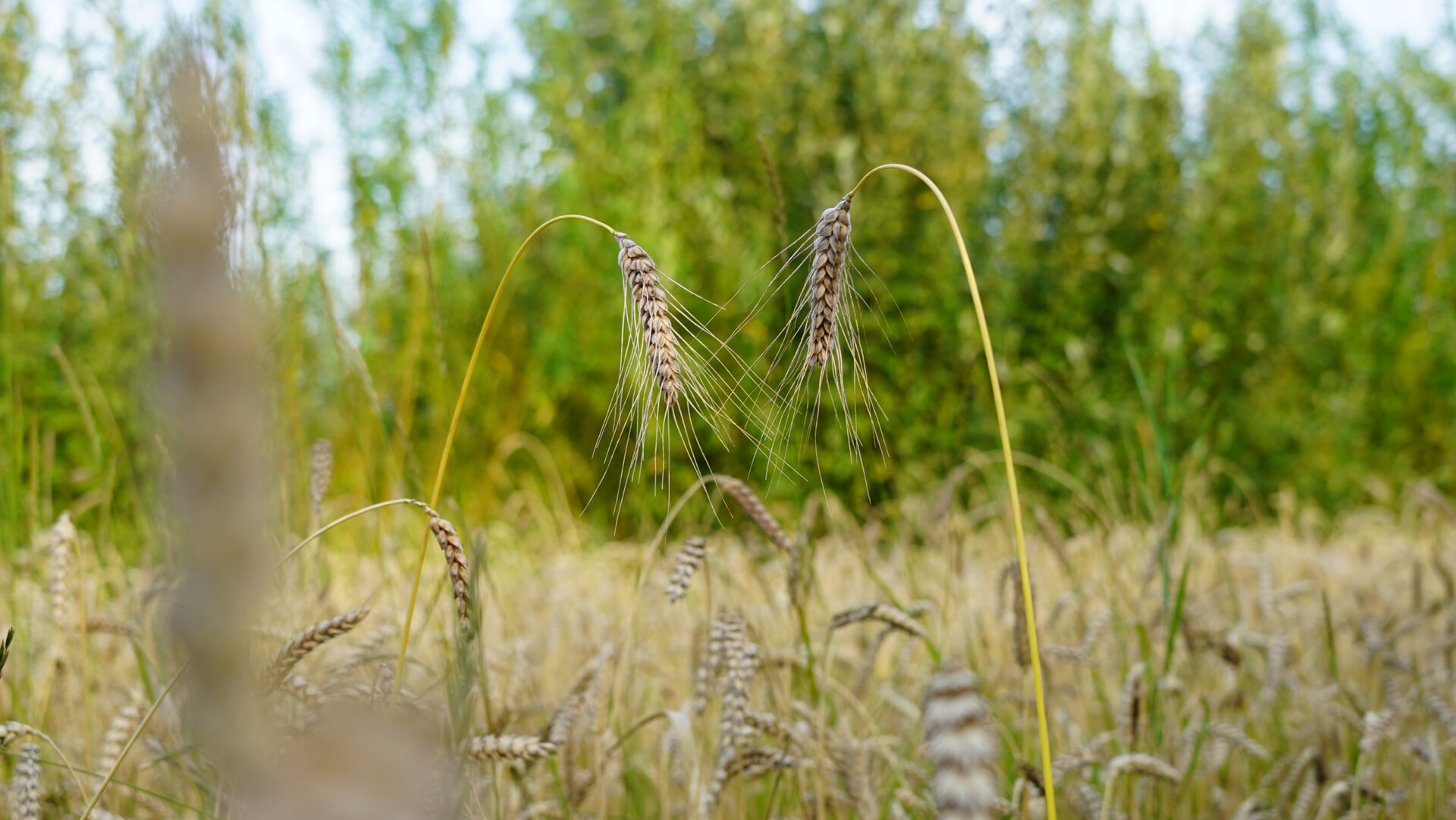
Wakelyns Agroforestry, Suffolk, UK. https://wakelyns.co.uk/
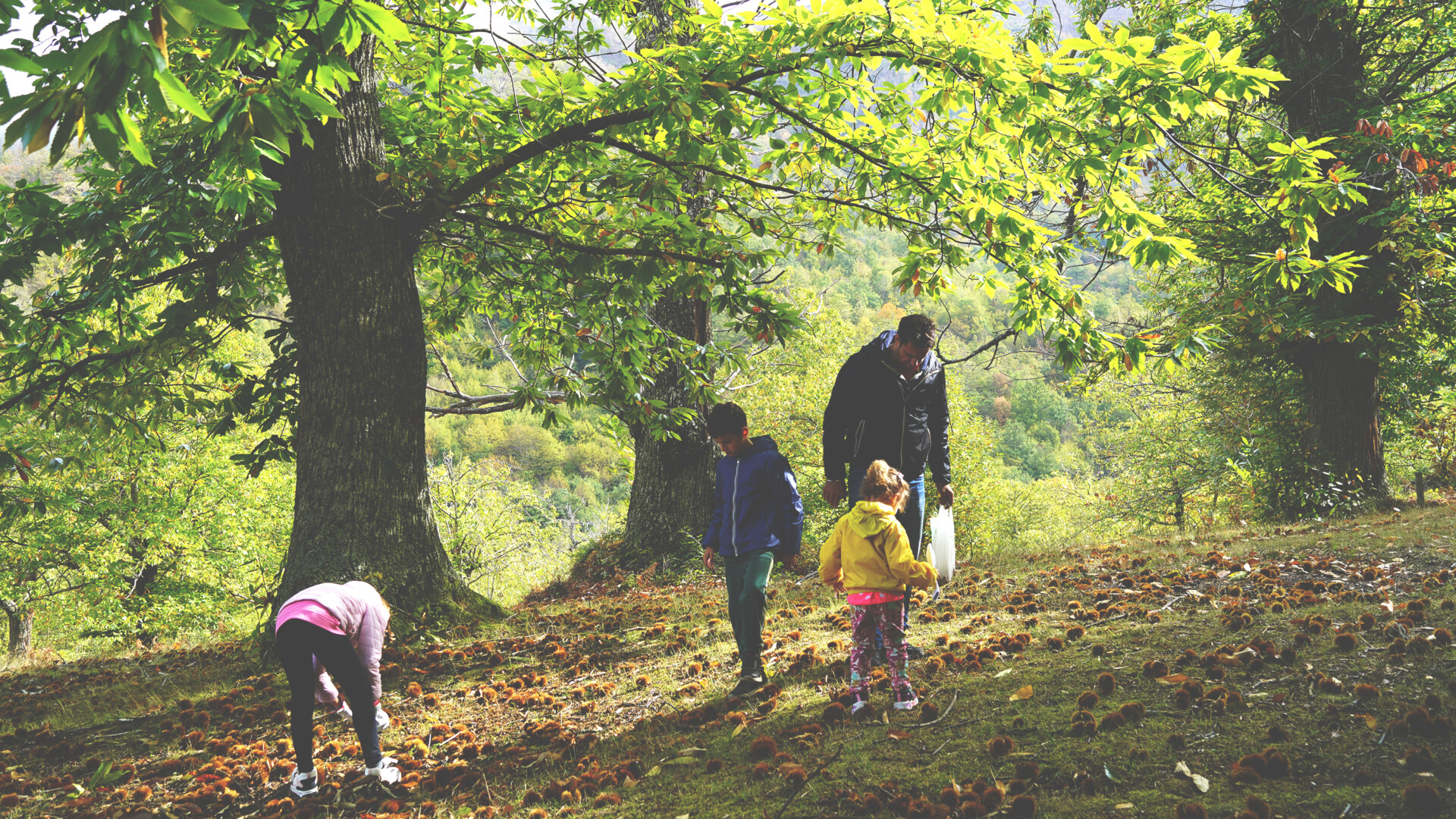
Azienda Agricola Le Casine, sweet chestnut orchard with goat grazing, Tuscany, Italy. https://www.lecasine.info/
Deeply connecting through and for agroforestry
Thanks to the sociocratic circle organisation method of sharing thoughts, feelings, and ideas in the community, the trips in Sweden and Latvia were a success, I would say, also on a personal and social level. It proved to be a great and fruitful experience for each of us to learn by being curious together, to deepen our understanding and broaden our perspectives by getting in contact with another culture and history in relation to agroforestry, and getting to know each other on a personal level. I believe that this sort of getting together, in real life, is something that could strengthen the European agroforestry movement.
Premiere of the film ‘I’m a Tree, what do I need?’
We are delighted to present and share Maja’s most recent film with you. Watch the 20-minute film “I’m a Tree, What Do I Need?” on YouTube now!
The film is about Vadakste Biodiversity Forest in Latvia is a 50-hectare forest farm that aims to create a resilient, multifunctional broad-leaved forest. The owner, Agnis Graudulis, has been collecting seeds of various tree species, including sweet chestnut and walnut, to build a diverse ecosystem. By transforming a fragile spruce monoculture, this project showcases how to maintain the value of forest investments in the face of climate change and biodiversity loss. This Forest farming example was one of the places visited during the UNHIDE AGROFORESTRY road-trip to unhide inspiring practicies of agroforestry in Sweden & Latvia 2024. A collaboration between Agroforestry Sweden, Latvian Permaculture Association & MEŽA PROJEKTI with support from Erasmus+.
In recent years there has been a huge interest in Nordic and Baltic countries for mapping and collecting seeds from local sweet chestnuts, walnuts, hazelnuts, acorns, beech nuts, and learning about nutrition value and making food from them, as well as reintroducing nuts as a feed for animals in forestgrazing systems.
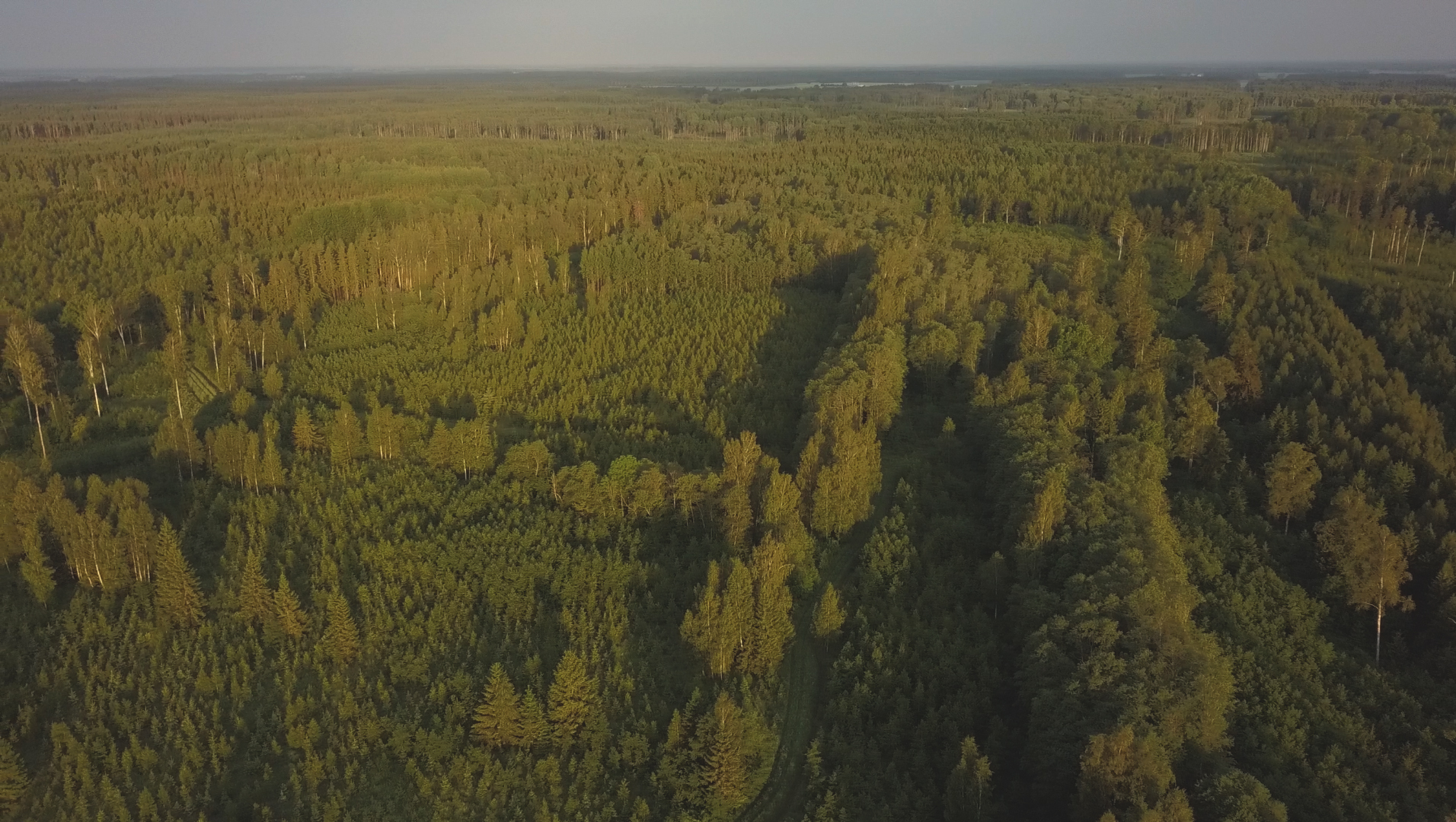
Contact Maja & get more information about the ‘Unhide‘ project: www.rotverket.com
Contact Agnis: www.vadakste.com/
